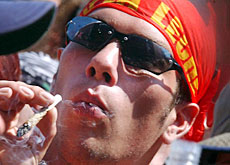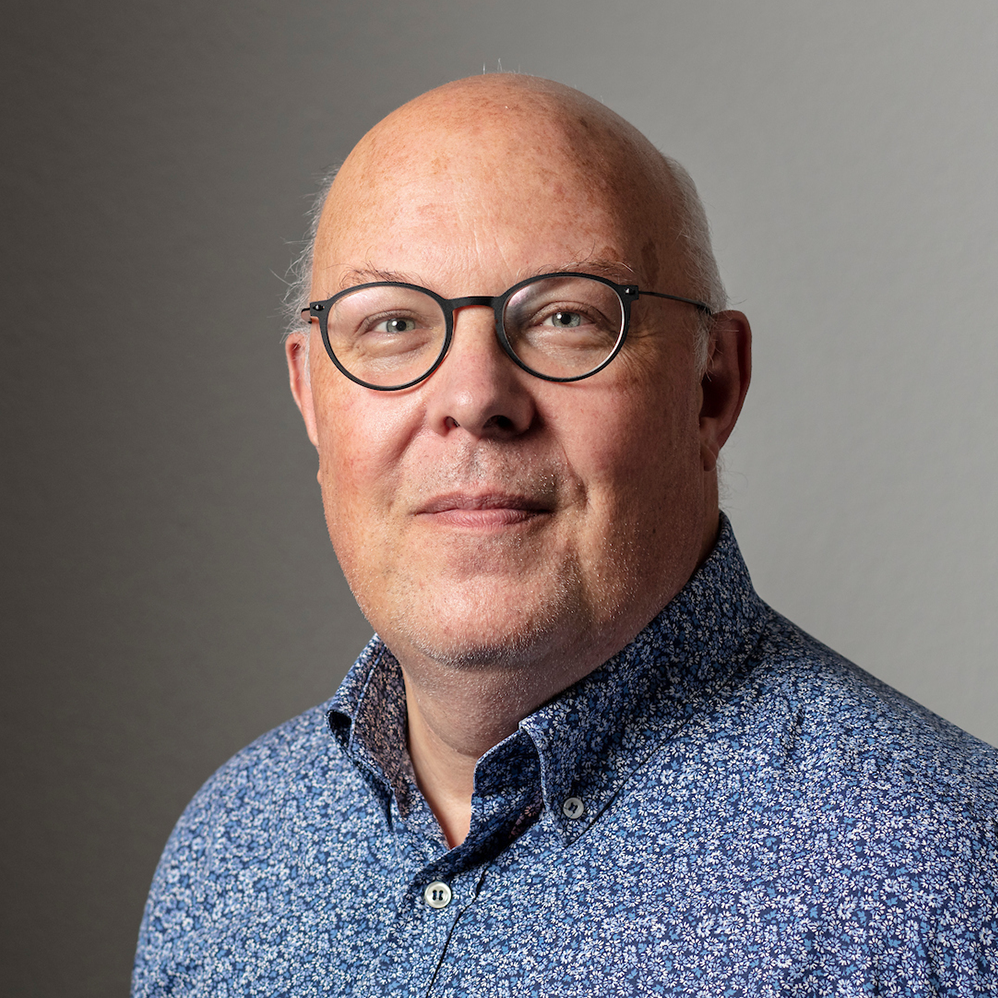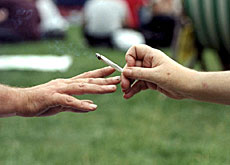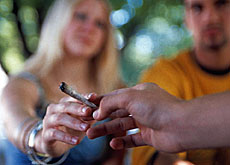Dope smokers face showdown in parliament

The Swiss parliament is making a last-ditch attempt to decriminalise the consumption and production of cannabis.
The House of Representatives is due to debate the controversial issue on Monday nearly three years after the government put forward the bill.
It is the fourth attempt by parliament since December 2001 to decide on a government proposal to decriminalise the production and consumption of cannabis for personal use.
The other parliamentary chamber, the Senate, has twice come out in favour of a more liberal drugs policy.
But in last autumn’s session, which came just ahead of parliamentary elections, the House of Representatives dismissed the proposal outright.
The bill is now tabled in the House again for a new and possibly final appraisal.
The rightwing Swiss People’s Party and a number of parliamentarians of the Centre-right are trying to sink it once and for all.
Reality check
The government has said the law needs to be amended to reflect the current situation.
More than 500,000 people in Switzerland smoke cannabis products regularly or occasionally, according to a survey conducted in 2002 by the Institute for the Prevention of Alcohol and Drug Addiction.
The bill also aims to reduce the workload of the police and justice authorities. Police commanders in Switzerland have called for the decriminalisation of cannabis.
The proposals are part of the government’s official drugs policy, which is based on four tenets: prevention, therapy, repression and harm reduction.
The government has dismissed the claim by opponents of decriminalisation that cannabis poses a health risk.
Health risk?
A statement said that the moderate consumption of cannabis was no more dangerous than legal substances such as tobacco and alcohol.
Under the government proposal, the consumption of cannabis and possession of cannabis for personal use would no longer be a criminal offence.
Limited trade in the drug would be allowed, but the import and export of cannabis would remain outlawed.
Janine Messerli, spokeswoman for the Institute for the Prevention of Alcohol and Drug Addiction, says the distinction between so-called “hard” and “soft” drugs, including cannabis, has become blurred.
“If you drink a bottle of vodka every day, alcohol is also a hard drug,” Messerli said.
“Prevention would become easier if cannabis were decriminalised, because we would be able to approach consumers,” she said.
swissinfo, Olivier Pauchard (translation: Urs Geiser)
The House of Representatives is due to discuss plans to decriminalise cannabis after throwing out the bill last September.
The other parliamentary chamber, the Senate, gave its approval back in 2001 and confirmed that decision last March.
If the House rejects the bill again, the issue will be off the table and the current law dating back to 1975 will remain in force.
The government bill is aimed at decriminalising the consumption and possession of cannabis for personal use – something which police commanders in Switzerland have been calling for.
Limited trade in the drug would be allowed, but imports and exports as well as advertising would remain banned.
There are between 500,000 and 600,000 regular or occasional cannabis smokers in Switzerland (some 8% of the population), according to latest surveys.
Police commanders in Switzerland have called for the decriminalisation of cannabis.

In compliance with the JTI standards
More: SWI swissinfo.ch certified by the Journalism Trust Initiative





You can find an overview of ongoing debates with our journalists here. Please join us!
If you want to start a conversation about a topic raised in this article or want to report factual errors, email us at english@swissinfo.ch.